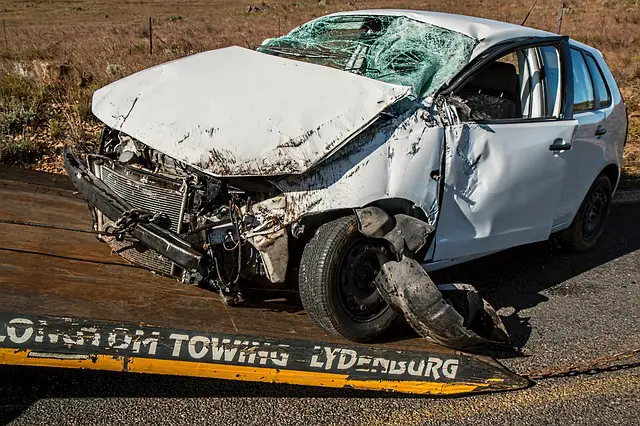
If you've ever been involved in a car accident of any degree, whether in the State of New Jersey or elsewhere, you may have heard about At-Fault laws.
For others who are not familiar with this concept and have recently suffered a car wreck, it is absolutely critical to understand how this section of the law can make a massive difference not only in who's responsible for the incident but also in how much compensation can be recovered.
Towards this end, our car accident lawyers in New Jersey have provided the following insight.
Most people believe that finding the responsible party in a car wreck is simple; if one of the drivers broke the law, then they are responsible for any damages caused to the other driver and their property. Unfortunately, New Jersey's auto accident law is not that straightforward.
In fact, some may even find it contradictory. For example, if two vehicles are involved in a crash and one of the drivers was clearly responsible for causing the wreck, the non-responsible party still has to rely on their own auto insurance for coverage of damages. This is what is known as a no-fault law, and is it what is in place in New Jersey.
As a result of this regulation, drivers in New Jersey are required to purchase Personal Injury Protection (PIP) as part of their auto insurance plan. The PIP component of insurance is what will provide compensation to cover physical injuries, as well as medical expenses, regardless of who is guilty of causing an auto accident.
If the compensation amount on a person's own PIP is not enough to cover all of their expenses, which aside from medical bills can also include lost wages due to disability, then they may attempt to obtain additional compensation from the at-fault party's insurance.
Bodily injury insurance is another aspect of the automotive insurance coverage required of New Jersey drivers. The bodily injury component of the insurance is what is allotted for victims whom a guilty party injured in a car accident.
Insurance companies will often fight the claims of victims when they intend to obtain bodily injury coverage, so seeking the help of an attorney can significantly improve the chances of having a successful claim.
There is yet another component of auto accident law in New Jersey that merits discussion, and it is the concept of comparative negligence.
Before issuing any kind of compensation to the victim of an automobile accident, an insurance company will conduct an extensive investigation to determine not only who was at fault, but how much fault can be attributed to each party.
If one of the parties is found to have more than 50% of the fault, they will not be able to obtain any amount of compensation from the other party's insurance. By the same token, if they are found to have 25% of the fault (for example), they will only be able to obtain as much as 75% of the total compensation they could have been entitled to.
If the information on this page was confusing or not clear in any way, it is because the law itself can be quite complex and difficult to understand.
For this reason, we highly suggest reaching out to our legal representatives via the form at the top of this page to have your case analyzed. Afterwards, you'll have the legal insight you require to make the right decision under your circumstances.
More Information
If you'd like to continue browsing our legal content, click on the following URL to visit the next page: How To Find An Experienced Auto Accident Lawyer In New Jersey